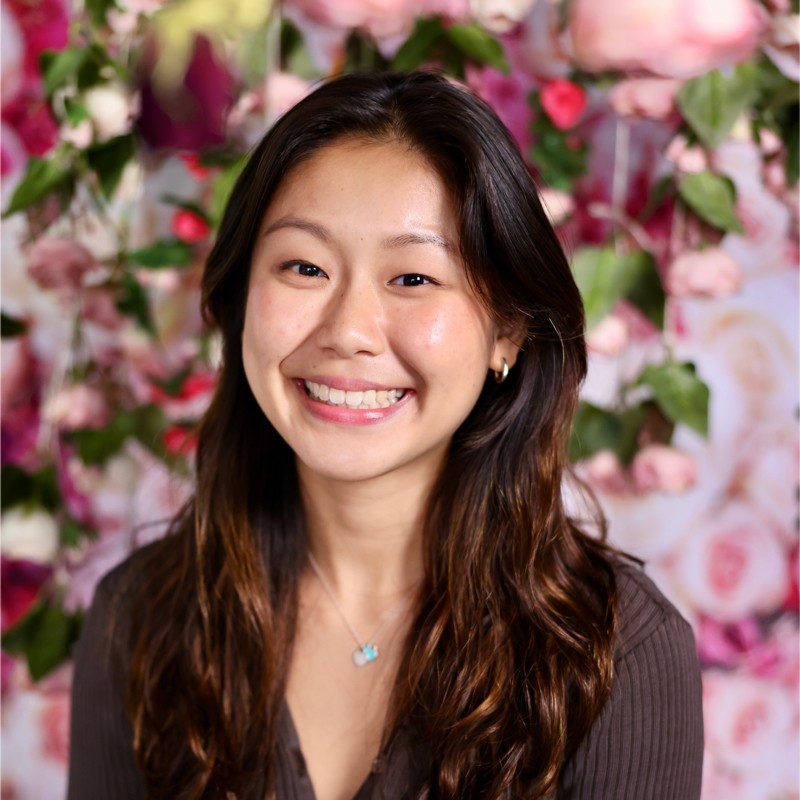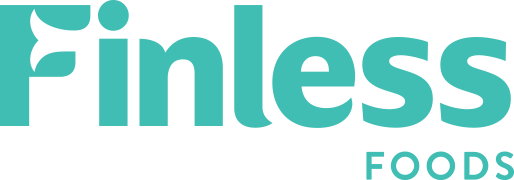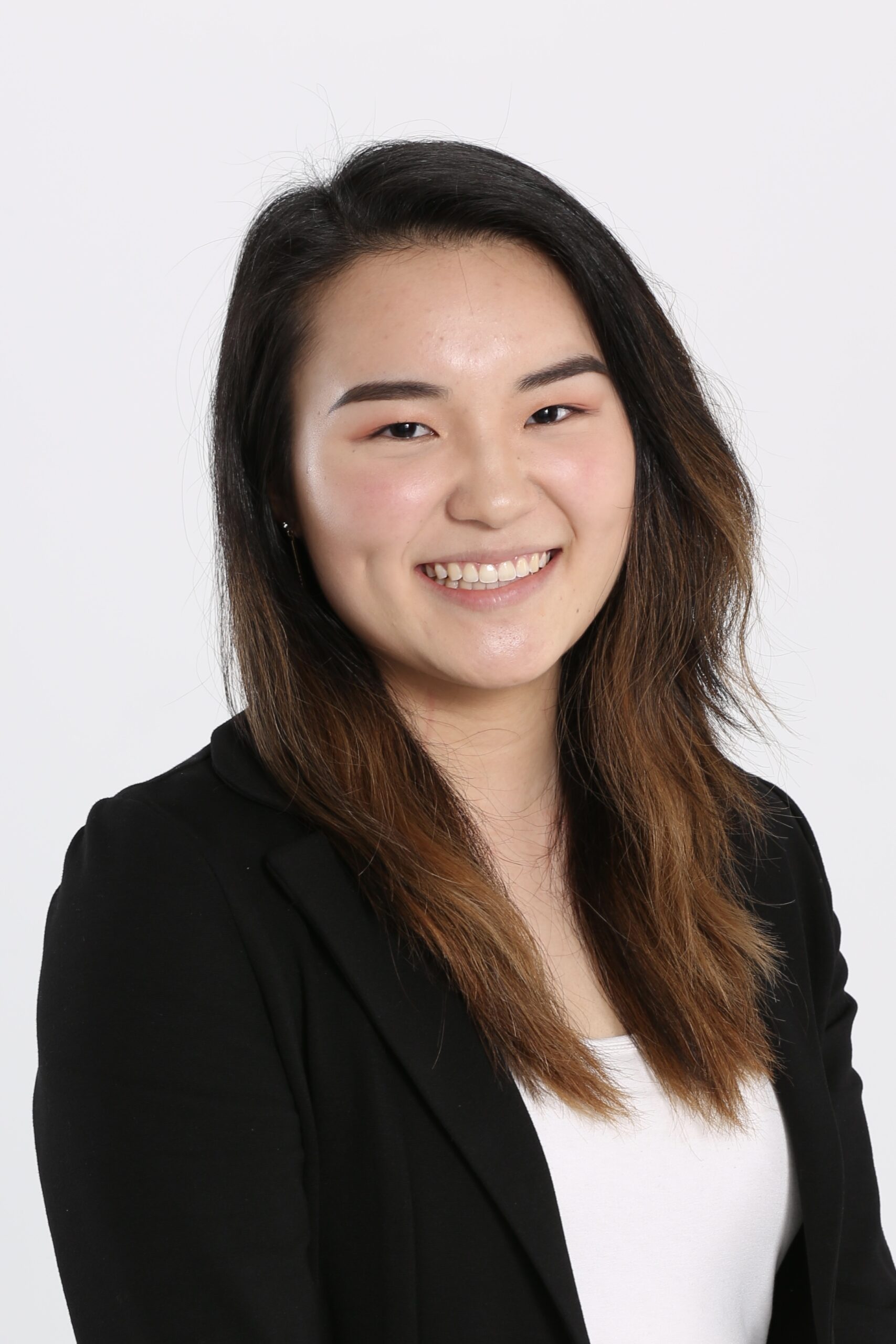This fall semester, Finless Foods partnered with the Plant Futures Initiative and worked with four UC Berkeley students to help envision the future of cell-cultured seafood. Now that the project has wrapped, we wanted to feature some of our Plant Futures team and what this project/work means to them.
The Plant Futures Initiative is “working to accelerate the transition to a plant-centric food system by ensuring students become ethical leaders, systems thinkers and effective advocates for a plant-centric future.” It is a global movement at the intersection of public health, social justice, climate justice, and animal welfare and is helping to build this system in part by partnering students with innovative companies for semester-long projects.
At the end of the semester, the team shared an insightful presentation of industry research and communication strategies to propel our cell-cultured products forward into the market.
Working with our Plant Futures team was an inspiring and eye-opening experience to see the endless potential in what passionate, change-driven individuals can accomplish when we come together. Please meet some of the team:
Ashley Yip
B.S. in Environmental Science with a minor in Data Science at UC Berkeley, class of 2023

What drew you to Plant Futures and what does the mission mean to you?
I have always been interested in a career in sustainability… having grown up in food-haven Singapore, I wanted to learn more about sustainable food systems. Plant Futures represents a future in food systems that can have a significant and positive impact on sustainability, and there are so many exciting innovations happening in the space! It is just inspiring to be around others who are passionate about the issue at hand as well.
What challenges and issues are you hoping to address by joining Plant Futures?
I hope to be able to understand the growth opportunities, threats, and future of alternative protein products. This is a space that is quickly growing in Asia as well, and better understanding the innovations that root themselves in the US’s invigorating R&D space, the hope is to integrate these best practices in the space into Asia.
What are you hoping to see more of in the future in the plant-based and cell-cultured space?
In terms of scalability, I hope that it becomes more normalized as an affordable, daily option for food. I hope it is scaled past the United States to find space in the market within Asia in a culturally-appropriate manner, while also tackling rampant food insecurity.
How does seafood fit into your life?
I am from Singapore – and seafood, while common to eat – is often seen as a larger expense… but because it is most common in sharing plates, it represents reunion and family as well. Therefore, to me, seafood is a symbol for family reunions.
Remi Tateishi
B.A. in Media Studies with a minor in Japanese Language and Literature at UC Berkeley, class of 2022
What drew you to Plant Futures and what does the mission mean to you?
I decided to take the Plant Futures Challenge Lab course for a few reasons. First, food is my passion, and I hope to enter a career in the food and beverage industry. My passion for food has always been nourishment for my soul. I believe that the elegance of a simple meal, carefully prepared, using ingredients that are fresh, local, and sustainable is an important component of my life.

What challenges and issues are you hoping to address by joining Plant Futures?
I am deeply concerned about pressing issues such as climate change, dwindling biodiversity, and the detrimental effects of industrially raised cattle that harm our earth. I hope to somehow contribute to increasing public awareness of such issues through work with plant-based food companies.
What are you hoping to see more of in the future in the plant-based and cell-cultured space?
I’m hoping to see more alternative meat and seafood products that are catered toward the Asian palate. The majority of alternative meat and seafood products widely available in the US seem to be catered toward the Western palate. I also think that Asian alternative meat and seafood products would be a great gateway into the countries in Asia where the vegan movement has not gained much traction.
How does seafood fit into your life?
I come from a culture where seafood is an essential part of the diet. In Japan, fish has been the main source of animal protein for centuries as it is the fastest and most readily available food source. However, I recognize that many species of fish such as tuna are unsustainable. The rising demand for tuna in Japan and across the globe has placed growing strain/pressure on our finite global fisheries. I strongly believe in Finless Foods’ mission, and I’m honored to work with them to explore plant-based and cell-cultured seafood products!
It was an absolute delight working with the students from UC Berkeley and we can’t wait to see what they accomplish next!

